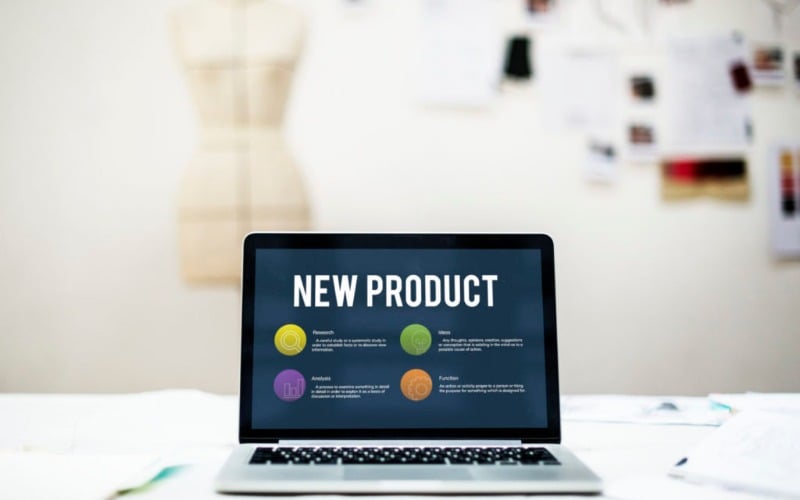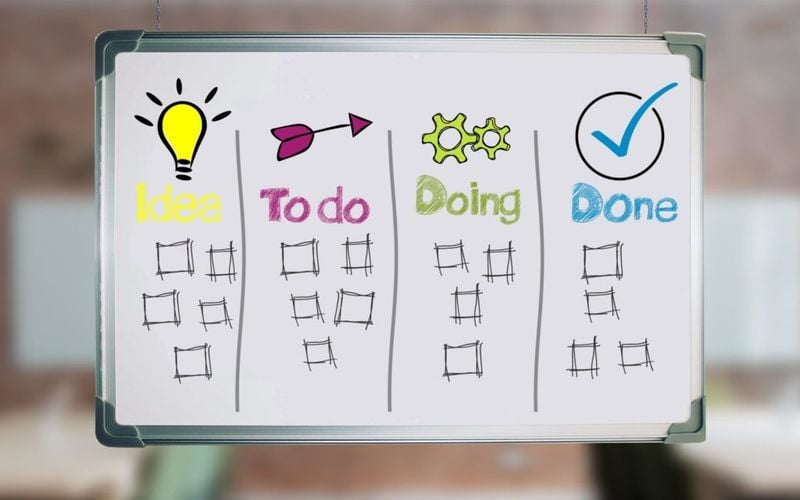Product Manager Career Guide
If you love ambiguity, become an IT product manager. There’s nothing concrete about being one. It’s even a challenge to find a consistent definition. In the broadest sense, a product manager is responsible for a product through its lifecycle. In reality, a product manager is whatever the individual and the organization decide.
I’ve known product managers that focused on strategy, marketing and sales. Others were involved in defining the features and functions of the product. What they did depended on the company they worked for. Smaller companies usually have fewer product managers, but they have more responsibilities. Larger organizations may have specialized managers who develop expertise in one or two areas.

Do you need a technical background to be a successful product manager? That’s open for discussion. Some people believe technical skills can be acquired, so it is better to hire people with demonstrated management skills. Companies with complex product lines believe that a technical background is more important than the soft skills of product management.
What Do Product Managers Do?
Trying to provide a comprehensive list of job responsibilities is impossible, but here are six tasks product managers perform.
- Create, execute and maintain a product plan.
- Ensure that the development process adheres to the product plan.
- Interface with other departments for the development and release of the product.
- Develop strategies for marketing and sales of the product
- Track product performance through its lifecycle
- Decide when a product reaches the end of its lifecycle
The best way to learn what product managers do is to shadow them for a day or two. Observing them in action will highlight the essential responsibilities.
What Skills Do Product Managers Need?
It’s recommended that an product manager have a technical degree. It doesn’t have to be a bachelor’s or master’s degree. An associate degree or certifications can suffice. Since most product managers move into the position from within an organization, the degree is less important if you have proven your capabilities. Certifications, boot camps or seminars can help with the transition into product management. Here is a list of possible areas of study:
- Strategy. Product strategies identify the market and customer for the product. It discusses how you plan to launch, promote and sell the product. The right strategy guides the development process and helps team members stay on task. Product managers should work with their team to set strategies, especially in areas where you lack expertise.
- Design. If you aren’t familiar with product design fundamentals, you need to learn the basics. Depending on the product, you may need the basics of user design and experience. If the product is hardware, you should read up on engineering design methods. You don’t need to be an expert, but you will need to rely on your team for design help.
- Lifecycles. Products have a four-part lifecycle of introduction, growth, maturity and decline. As a product manager, you are responsible for the entire lifecycle. You should know what is required at each stage of the lifecycle and allocate resources as needed.
- Value. Products must have a value to the end-user. If the customer does not see a value, the product will not sell. You need to understand the basics of value propositions so you can communicate them to the team. Doing market research is one way to determine if your value proposition is valid.
- Analytics. Product decisions should be data-driven. Analytics tools such as Google Analytics or Tableau can help analyze performance. Incorporating analytics into the product plan helps identify data points in the product lifecycle. If available, include a data analyst on the team to help collect and process data. Having the data isn’t enough. You need a way to manipulate it to gain insight into how the product is performing.
Being a product manager isn’t just about technical and product management skills. You will also need soft skills such as the following if you want to be an effective product manager.
- Solve Problems. In many ways, the entire product development process is a series of problems to solve. You’ve identified a need and you must now satisfy that need. Although it would be nice, few products are delivered without hitting a snag. You’ll need to have an open mind as you look for ways to solve problems.
- Communicate and Collaborate. As a product manager, it’s your responsibility to keep the team informed. Whether it’s a change in schedule or a shift in priorities, development teams need to be in the loop. Knowing how to maintain a collaborative environment is important to the health of your team. It helps build a sense of unity as you move towards the product goals.
- Encourage and Innovate. If you see your team starting to drag, find ways to encourage them. Make sure that people are not burning out, especially if it is a long development cycle. Find innovative ways to do things and encourage your team to do the same.
Since the road to becoming a product manager is not defined, there are few degree programs in product management. You can earn certifications in different areas of product management, which may be a better solution if you are looking to transition into product management.
What is the Typical Salary?
Salaries for product managers are high, even for entry-level managers. Many people transition into product management from another area within an organization, which often means higher salaries. According to ZipRecruiter, product managers make, on average, about $95,000 per year. Your compensation depends on the company, the location and your experience.
Payscale shows that product managers make around 10% to 25% more than the average if they live in San Francisco, Seattle, or New York City; however, the cost of living is much higher in those locations. An entry-level manager averages about $80,000. Someone with less than five years of experience makes about $90,000. Product Managers with five to ten years of experience average $103,000 per year, and those with ten to 20 years average $112,000. Senior product managers average close to $120,000 per year. Some senior-level managers can make more than $150,000 per year.
How to Find a Job?
For product managers, a well-crafted resume is essential. Because most product manager applicants have work experience, it is difficult to know what to include. You may be tempted to include everything, but don’t. The best way to determine what to include is to look for keywords in the job posting. Then, focus on your experiences that showcase your skills in those areas. Aside from providing contact information and education details, your resume needs to reflect the job requirements. Instead of providing a job history, divide your resume into keyword paragraphs. If the job is looking for experience with certain management tools, create a section on Management Tools and list the tools you are familiar with.
The interview questions are limitless. Here are a few to get you started.
- Explain what a product manager does.
- Talk about a product failure.
- Name three characteristics you like to see in your coworkers.
- Explain how you would resolve a conflict between two executives who want contradictory features on a product.
- How would you maintain a customer-centric team?
- What makes a well-designed product?
- Name one of our competitors.
- How would you manage remote team members?
- What defines exceptional customer service?
- Name a company that is noted for its customer service.
Expect your interview questions to be challenging. A potential employer wants to make sure you are a good fit for the corporate culture that you can think on your feet and that you do your research. These are characteristics that a product manager should have.
If you are considering a career in product management, understand that it takes time. There will be days when you wonder why you are in the profession, but those days fade when you have the experience of a successful product launch. Maximize every opportunity, so your skillset continues to grow, but most of all, enjoy the journey.





